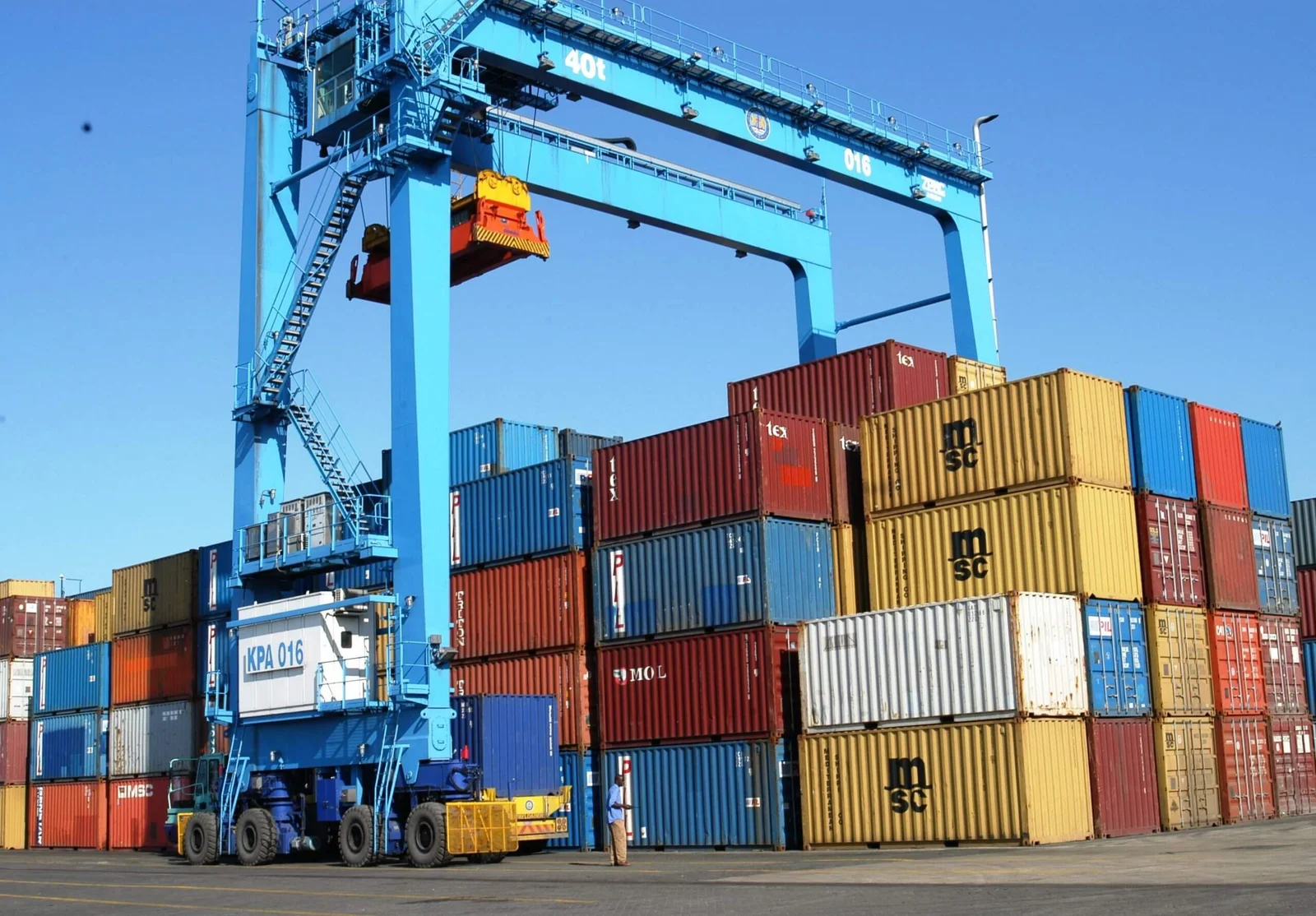
Egypt’s engineering exports have reached unprecedented levels, hitting approximately $3.75 billion by the end of July 2025, marking a 15.9% increase compared to the same period last year, according to the Engineering Industries Export Council.
Engineer Sherif El-Sayyad, Chairman of the council, revealed that July alone saw exports reach $523.2 million, up from $490.7 million in July 2024, reflecting sustained global demand for Egyptian engineering products.
“A number of sectors achieved remarkable leaps in exports during the first seven months of the year,” El-Sayyad said.
Electrical and electronic industries led the growth with a 53.4% rise, followed by transportation at 28.6%, cables at 15%, home appliances at 6.2%, automotive components at 7.1%, and machinery and equipment at 13%.
Metal exports recorded exceptional growth exceeding 290%.
He attributed this performance to ongoing efforts to expand into international markets, highlighting growth across Europe, including the United Kingdom, France, Germany, Italy, the Netherlands, Hungary, and the Czech Republic, as well as Arab markets such as the UAE, Iraq, Algeria, Lebanon, Jordan, Kuwait, Qatar, and Syria.
Emerging markets in Asia, including China, Azerbaijan, and Indonesia, and in Africa, such as Kenya, Nigeria, Tanzania, Côte d’Ivoire, and the Central African Republic, also contributed to the surge. The American market further strengthened export opportunities.
El-Sayyad added that the council aims to sustain this growth by enhancing the competitiveness of Egyptian products, increasing value-added output, and expanding bilateral agreements and export support programs.
Mai Helmy, Executive Director of the Engineering Industries Export Council, said the council is pursuing a dual strategy to boost exports.
“We are expanding the base of exporting companies by incorporating new exporters, while simultaneously enhancing the efficiency of existing companies through specialized training and networking with trade missions,” she said.
Helmy explained that continuous training on international market requirements, quality standards, digital marketing, and market access mechanisms helps companies increase competitiveness and export shares. Particular attention is given to supporting small and medium-sized enterprises (SMEs) to penetrate new markets, thereby diversifying engineering exports.
She concluded that the council’s initiatives complement government efforts to strengthen industry and exports. The focus remains not only on increasing figures but also achieving sustainable growth by developing export-ready companies capable of navigating global market changes.



